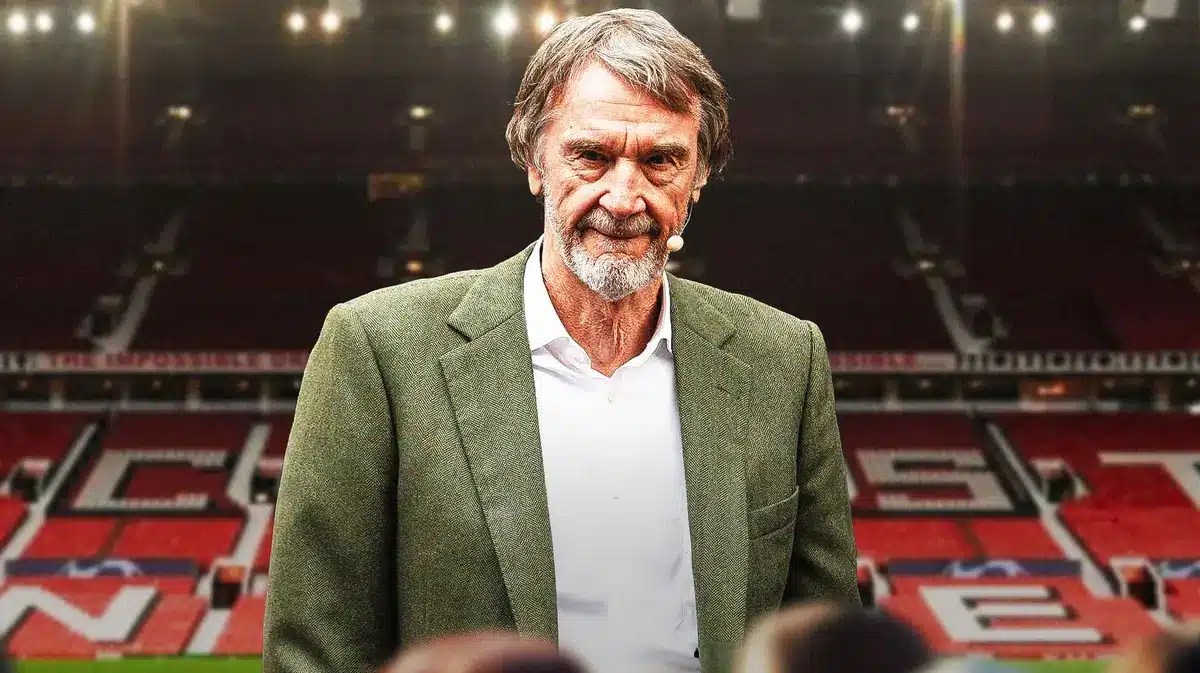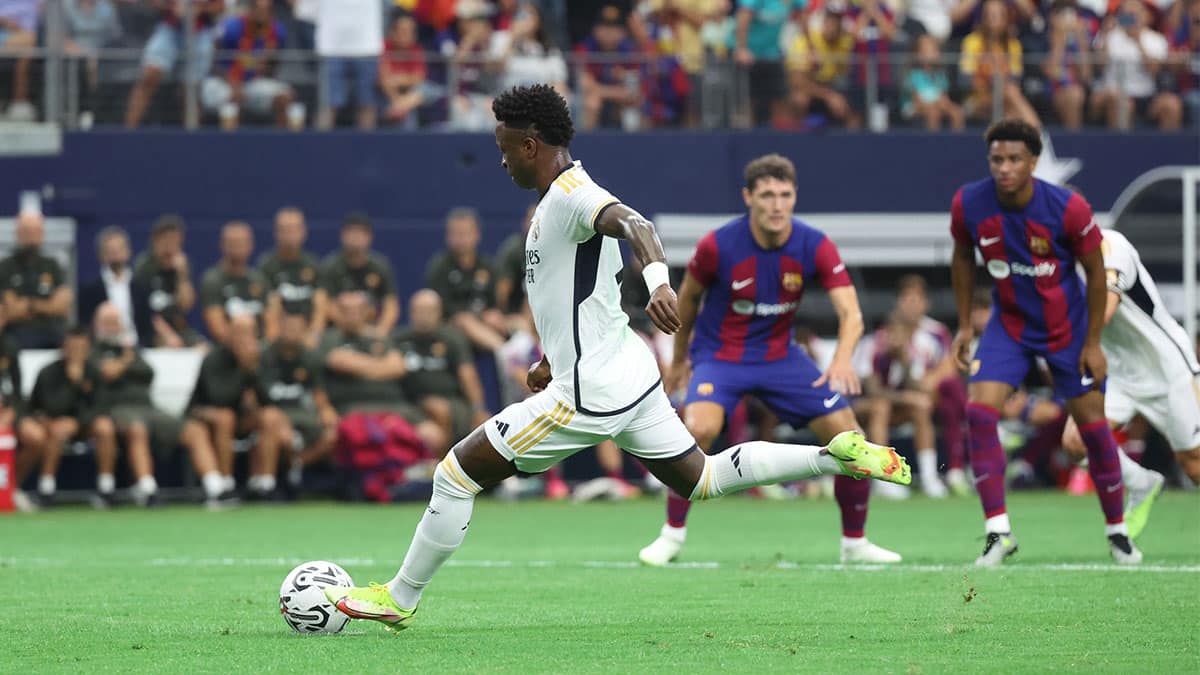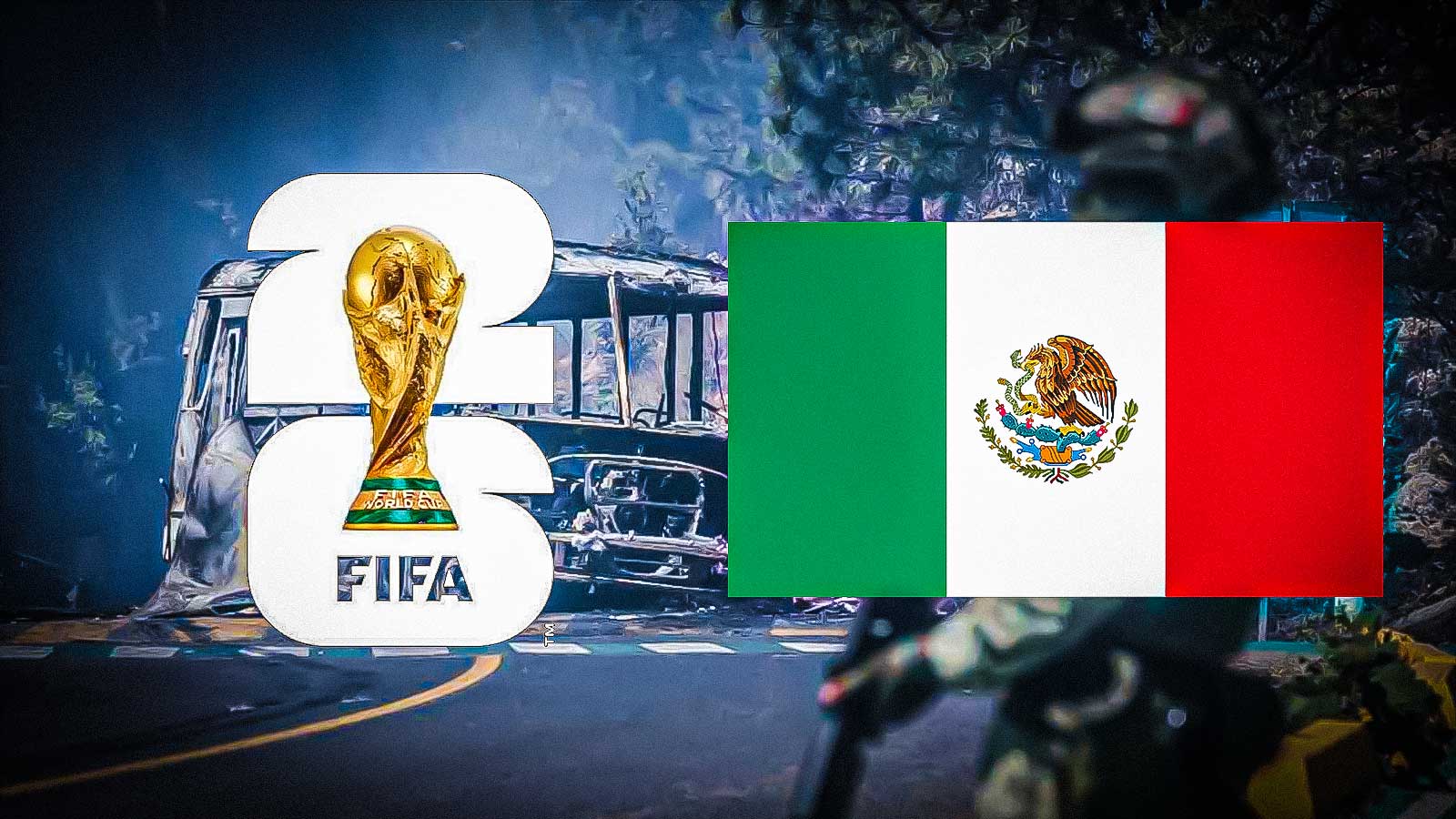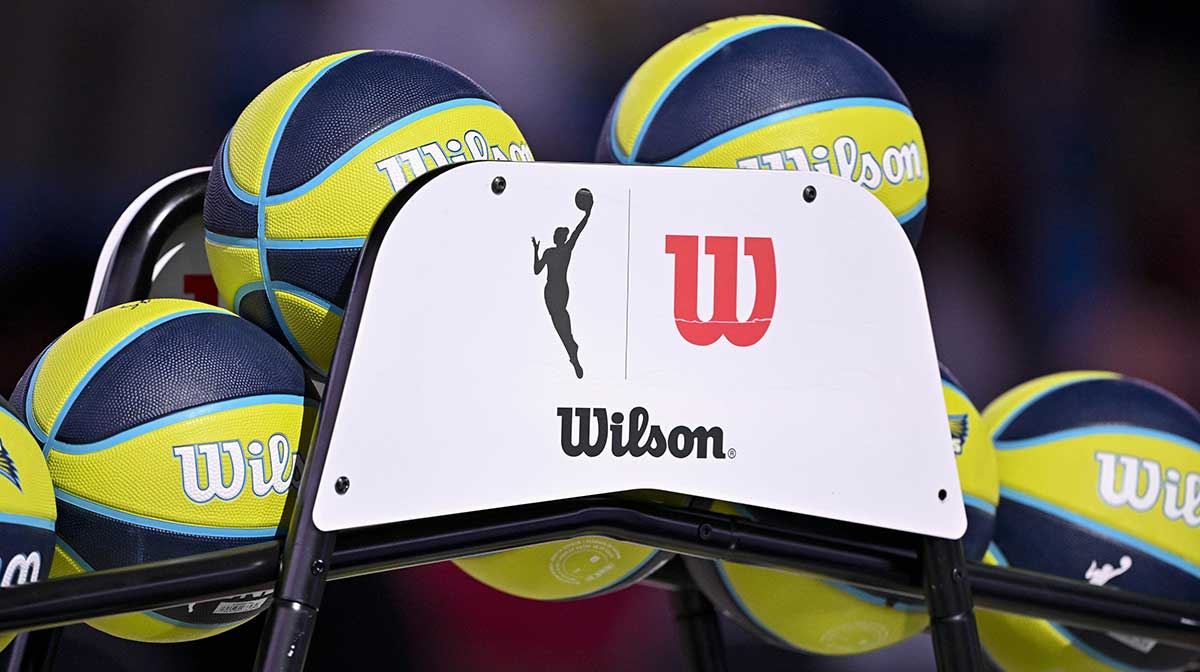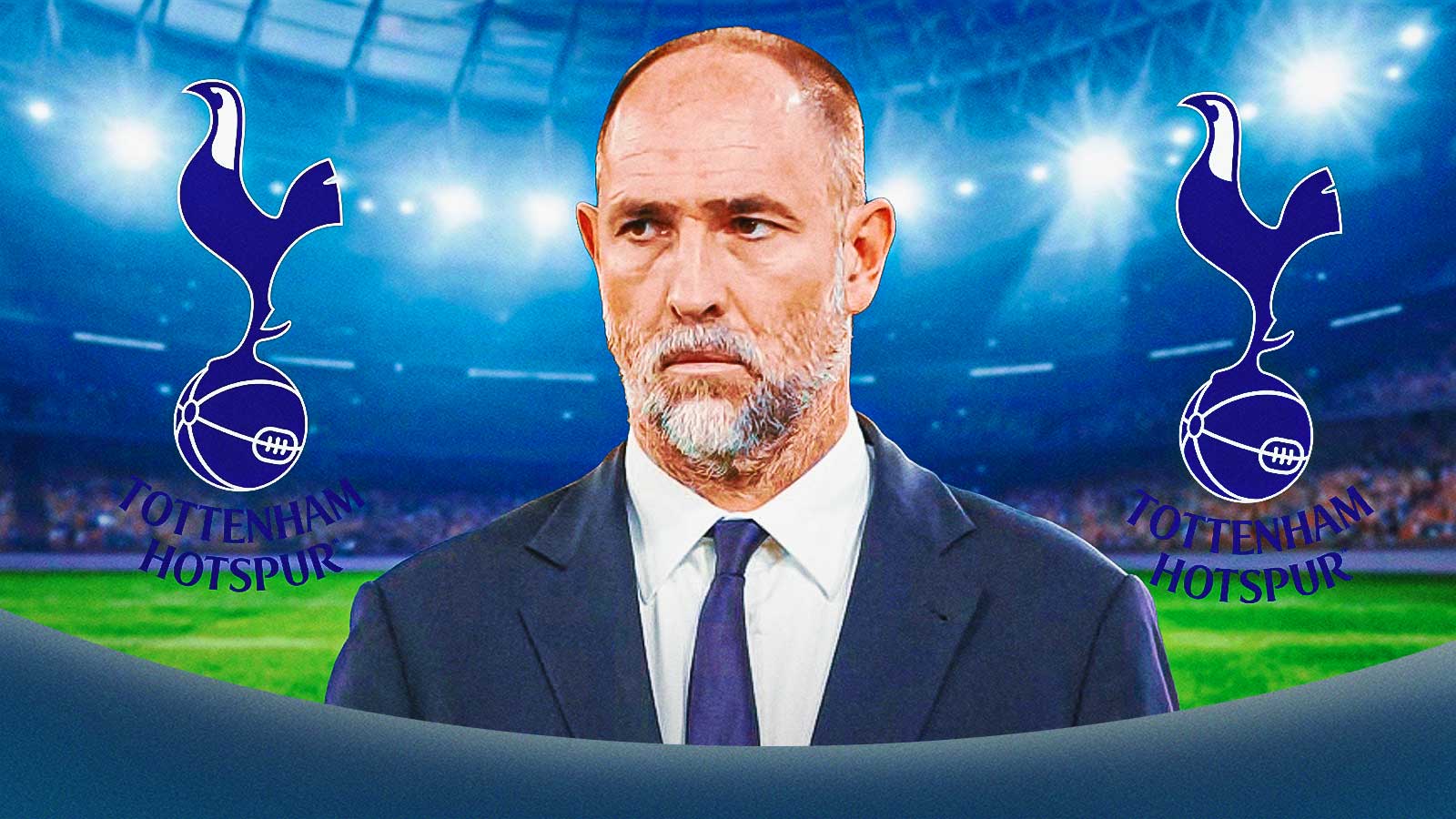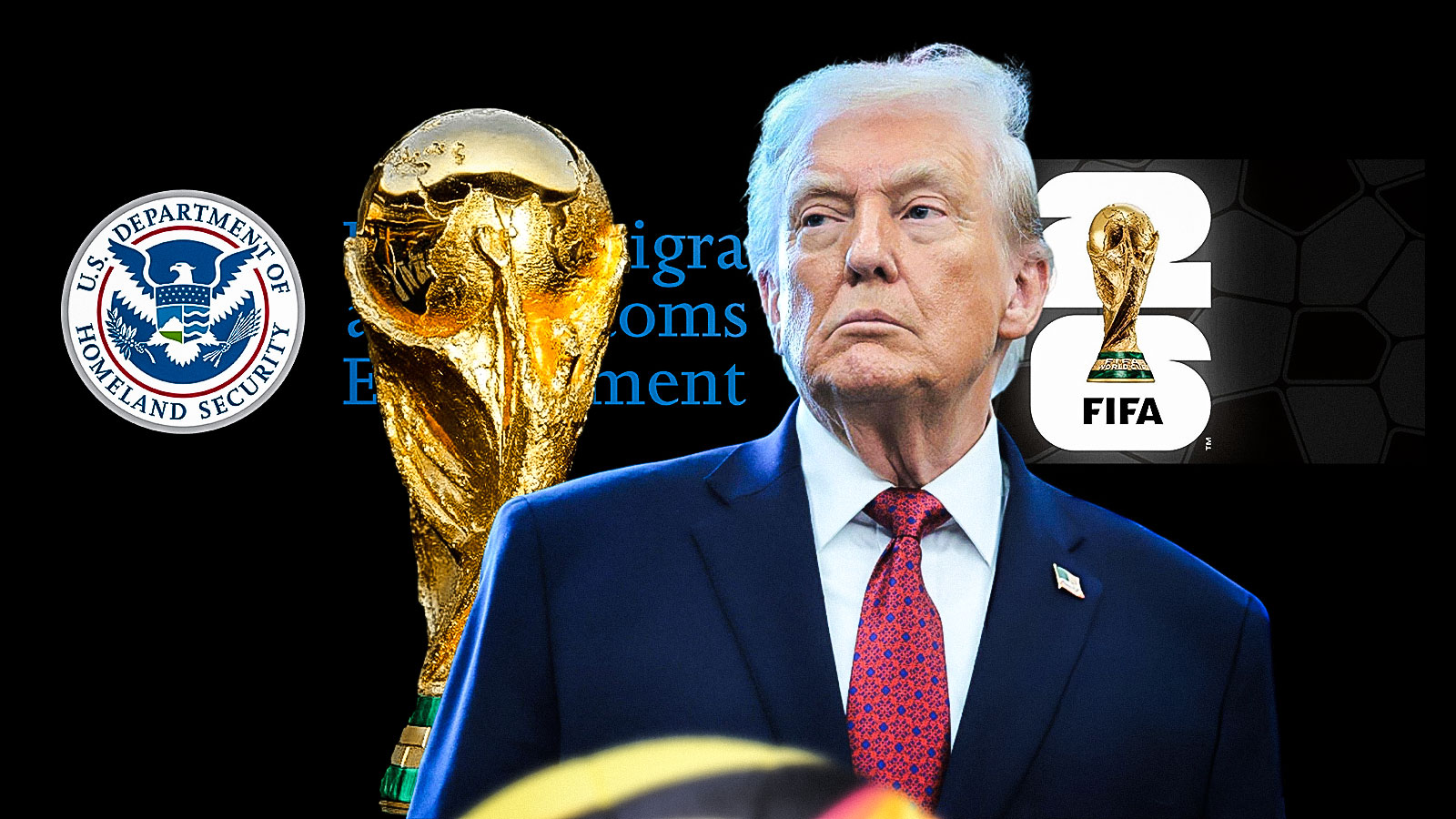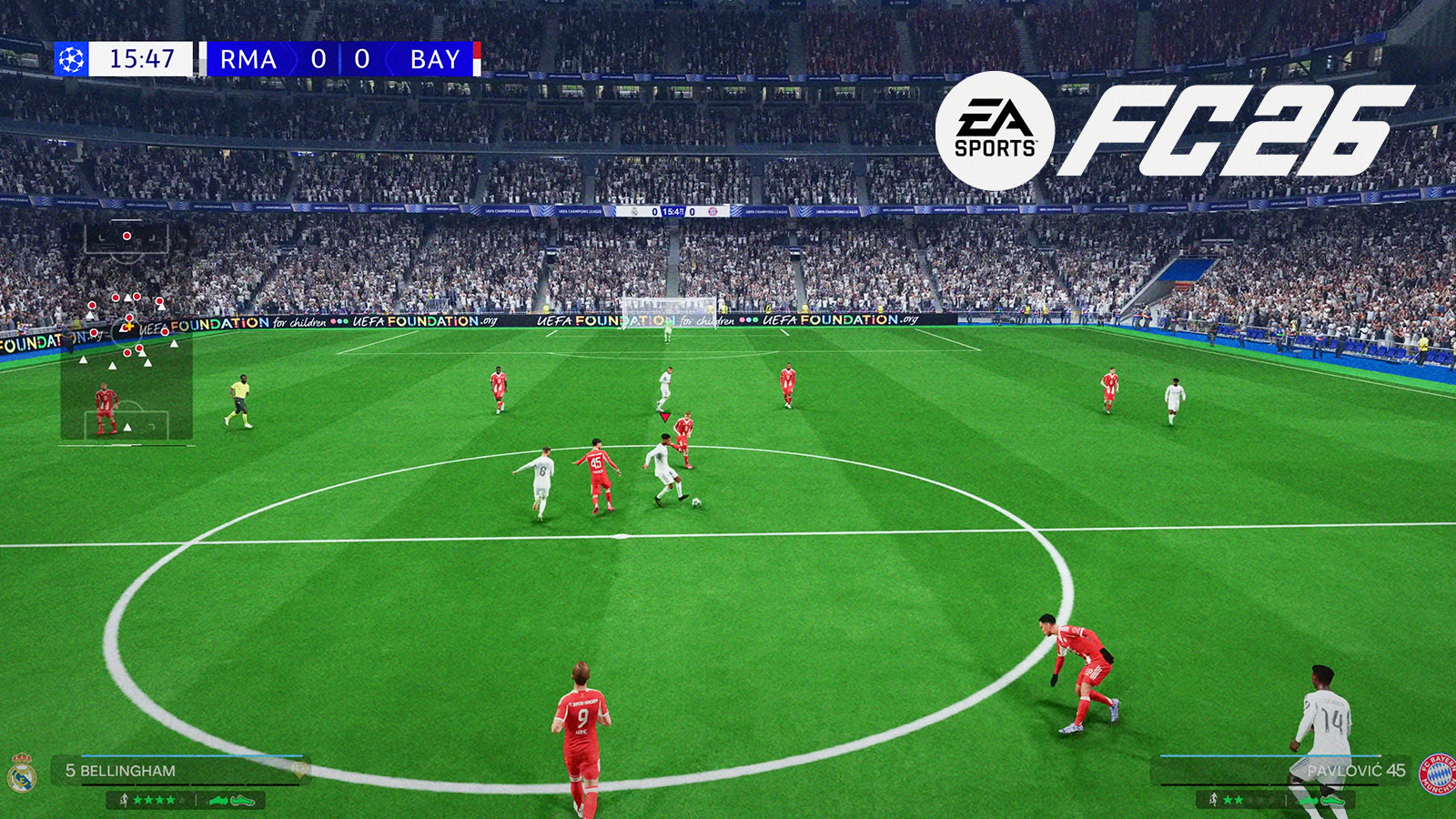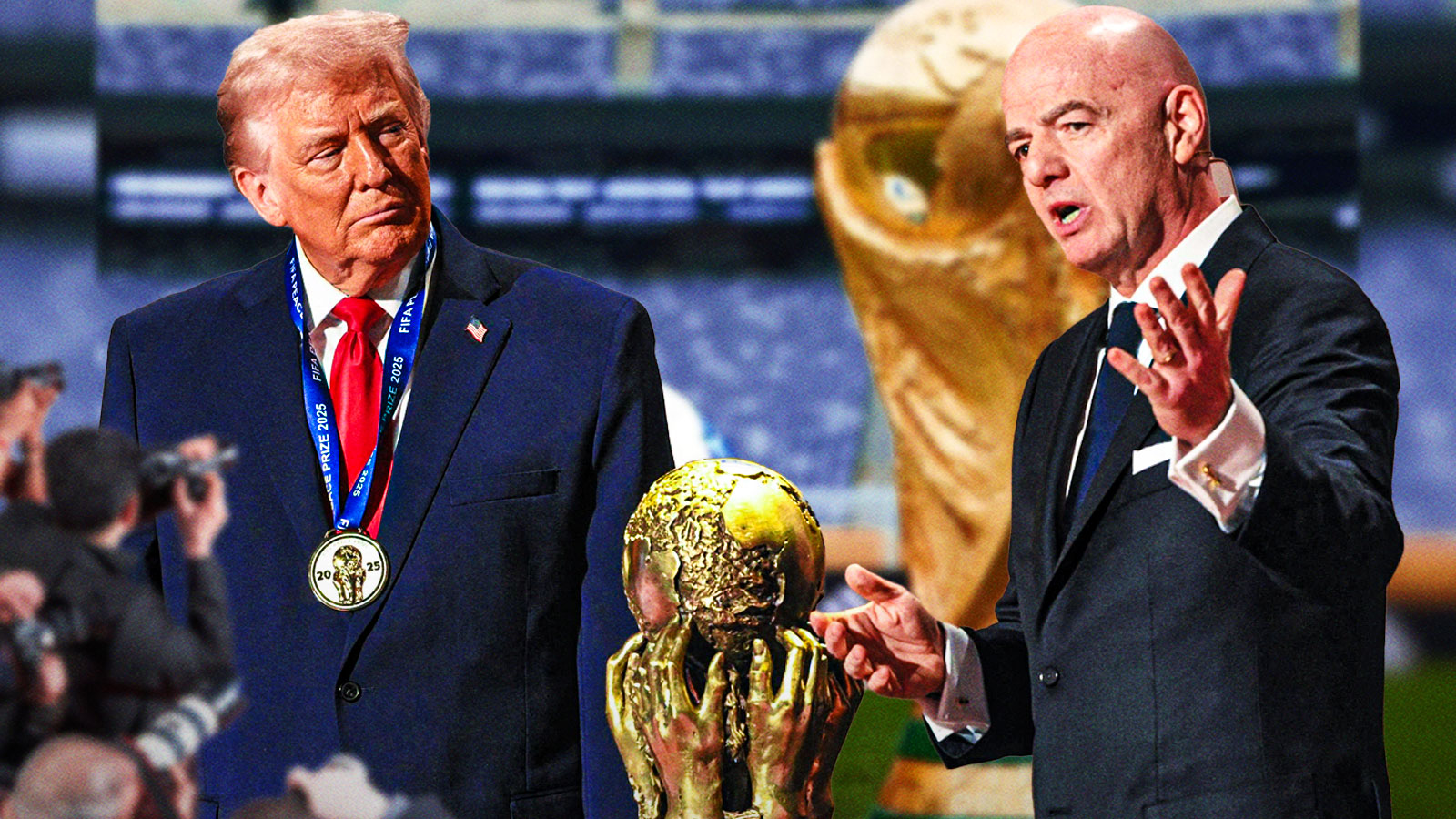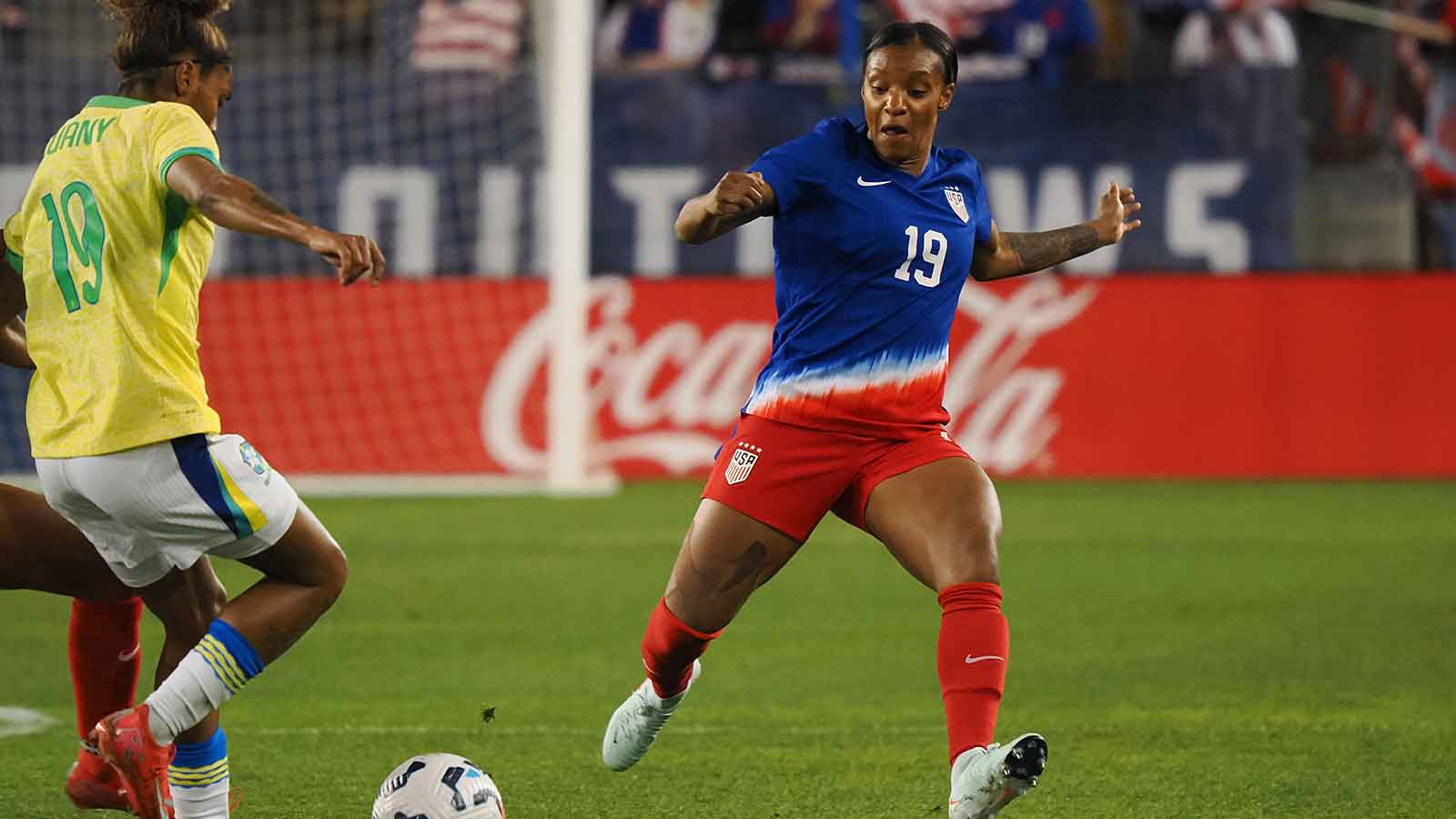Sir Jim Ratcliffe's ambitious plan to revamp Manchester United's home ground faces a significant setback as the UK government is poised to reject his taxpayer-funded bid. Despite completing his £1.03bn takeover of a substantial stake in the club, Ratcliffe's vision for a new stadium, dubbed the “Wembley of the North,” may be dashed due to governmental reluctance to invest public money into the project.
Amidst growing discontent over Old Trafford's aging infrastructure, Ratcliffe had explored options to either renovate the iconic stadium or construct a brand-new facility, potentially costing £2bn. However, governmental sources have indicated that public funds are unlikely to be allocated for the stadium itself, emphasizing that any investment would be reserved for regeneration projects in the surrounding area.
While Ratcliffe's aspirations align with his desire to propel Manchester United back to the zenith of English football, the road to stadium redevelopment appears fraught with financial and political obstacles. Critics point to Everton's struggles with debt incurred during construction of their new stadium at Bramley-Moore Dock in nearby Liverpool as a cautionary tale. Former Labour sports minister Richard Caborn staunchly opposes using public money for a new United stadium, citing Everton's financial woes as evidence of the risks involved.
As Ratcliffe's proposal faces rejection from the government, Manchester United must reassess their options for stadium development. With attention turning to a forthcoming task force tasked with overseeing the regeneration of Old Trafford and its environs, the club is confronted with balancing financial prudence with the need for modernization. As the Theatre of Dreams approaches its 115th year, the quest for a fitting home befitting the club's stature continues, albeit with hurdles yet to overcome.

